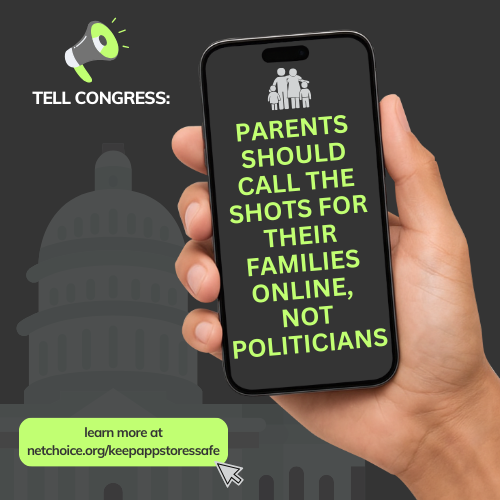The Biden administration is poised to roll out another unpopular regulation just days before Donald Trump takes office.
The Biden administration’s Food and Drug Administration (FDA) is attempting to pass a rule that would essentially ban cigarettes, the Washington Reporter has learned. This comes on the heels of polling showing that President Donald Trump’s support among a critical voting group, nicotine users, skyrocketed in 2024.
According to the poll, first obtained by the Daily Mail, and conducted by Cygnal, nicotine users ended up being a constituency that carried Trump to victory in November. Those who use nicotine products like cigarettes, vapes, dip or nicotine pouches were much more likely to back the Republican, a survey of nicotine-using voters found.
The poll showed that 56 percent of such voters backed Trump. One senior Trump campaign official stated, “Biden’s menthol ban backfired with black voters, the polls do not lie.” Polling from around the time Biden scrapped the original menthol ban showed that black and Latino voters were worried that the proposed ban would “push the product into the illegal black market” and increase crime. Eighty percent of black and Latinos said they agreed that the government should “fully explore concerns” before moving forward with the ban.
One senior incoming Trump administration official told the Reporter that “Biden banning cigarettes is idiotic. It simply would empower bad actors like the cartels and China to flood America with dangerous, untested and unregulated products. The American people lose with this ban.” Another aide who worked on Senate races said that “Biden’s attempt to ban cigarettes was the most underrated issue of the cycle.”
Another House Republican leadership aide told the Reporter that “Biden destroyed the economy and decimated our border. This 11th hour ban is nothing more than a gift to the cartels at the expense of working-class Americans.”
Initial plans for a ban were announced in 2022 and the formal rule was expected in 2023. However, the FDA allows a comment period on any proposed rule, which could end up ultimately delaying it until Trump takes office. The biggest concern many Republicans have is that a de facto ban on cigarettes would only propel the growth of the illicit market and cost local, state and federal governments upwards of $33 billion dollars in tax revenue per year according to an analysis from nonpartisan Tax Foundation.
